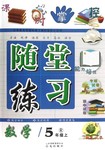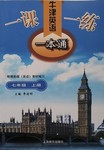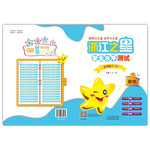题目内容
I ____________ you not to move my dictionary—now I can’t find it.
A. askedB. askC. was askingD. had asked
A
【解析】
试题分析:句意:我叫他不要动我的字典,--现在我找不到它了。从now I can’t find it.可知让他不要动字典是过去的事情,用一般过去式,所以选A。
考点:考查时态

练习册系列答案
 课时掌控随堂练习系列答案
课时掌控随堂练习系列答案 一课一练一本通系列答案
一课一练一本通系列答案 浙江之星学业水平测试系列答案
浙江之星学业水平测试系列答案
相关题目
What was so ______ about Jasmine Westland’s victory was that she came first in the marathon bare-footed.
| A.awful | B.essential |
| C.impressive | D.obvious |
 of service to them, and them change this habit.
of service to them, and them change this habit. y a full bucket of water without a single drop spilled (溢出). The old bucket felt very ashamed because of its holes: before it reached the flowerbeds, much water had leaked along the path.
y a full bucket of water without a single drop spilled (溢出). The old bucket felt very ashamed because of its holes: before it reached the flowerbeds, much water had leaked along the path.